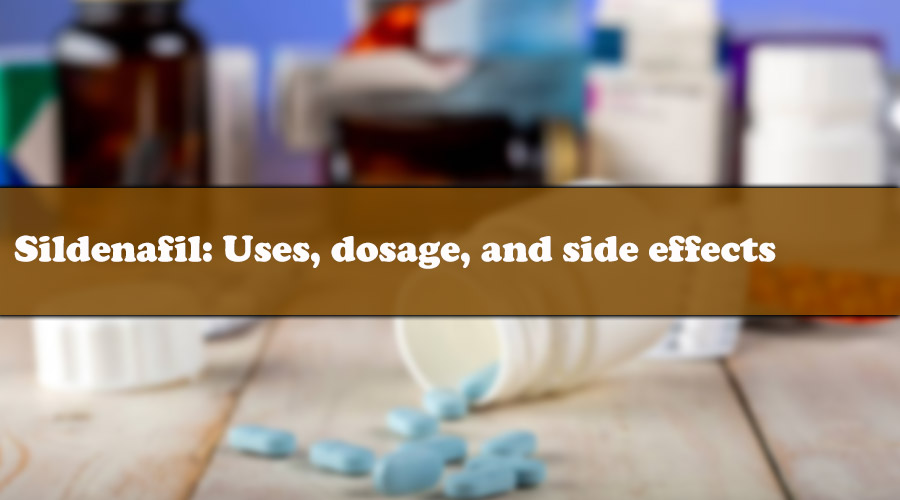Sildenafil is a medication used to treat erectile dysfunction (ED) and premature ejaculation. It is also used to treat other conditions, such as pulmonary embolism and heart problems. It comes as a tablet, capsule, or liquid. The recommended dose of sildenafil is 50 to 100 mg taken an hour before sexual activity. Side effects of sildenafil can include headache, flushing, and stomach pain.
Contents
Erectile dysfunction
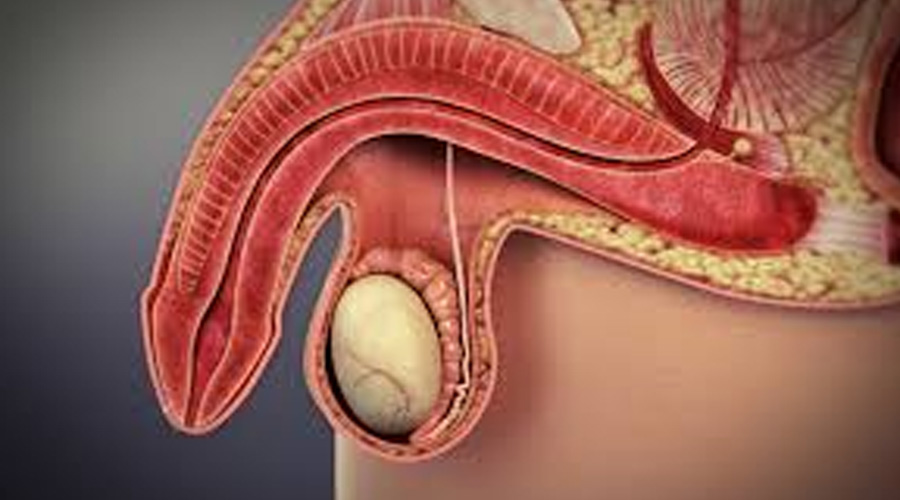
Erectile dysfunction is a common problem that affects men of all ages. It can cause problems in relationships and make it difficult to enjoy life. Fortunately, there are treatments available that can help most men with erectile dysfunction.
Erectile dysfunction is a condition in which a man has difficulty getting or maintaining an erection. It is often caused by physical factors, such as age, illness, and injury. Psychological factors, such as stress and anxiety, can also play a role in erectile dysfunction.
There are many different treatments for erectile dysfunction. The most common treatment is an oral medication, such as sildenafil (Viagra). Other treatments include injections, patches, and vacuum pumps. Some men may also benefit from counseling or therapy.
Erectile dysfunction causes

There are many different causes of erectile dysfunction. Some are physical, while others are psychological. Physical causes can include medical conditions such as diabetes, high blood pressure, and heart disease. Surgery or injuries to the penis or pelvis can also cause erectile dysfunction. Psychological causes can include anxiety, stress, and depression.
Erectile dysfunction symptoms

Erectile dysfunction symptoms can vary in severity and type. In some cases, the person may not be able to get an erection at all, while in other cases the erection may not be as firm as it should be. There are also cases where the person experiences a decrease in libido or has difficulty reaching orgasm.
How to treat erectile dysfunction

There are many ways to treat erectile dysfunction. One way is to take medication. There are many different types of medication that are available to help treat the condition. If one type of medication does not work, your doctor may prescribe a different type. Another way to treat erectile dysfunction is with surgery.
If the cause of the problem is a physical blockage, surgery can be used to remove the blockage. A third way to treat erectile dysfunction is with therapy or counseling. This type of treatment can help you understand and deal with the psychological factors that may be causing your problem.
What is Sildenafil citrate?
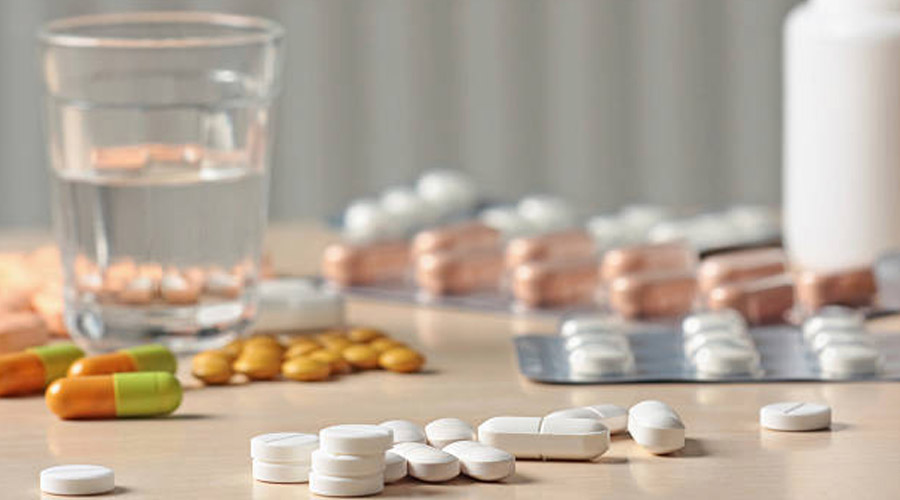
Sildenafil citrate is a medication that is used to treat erectile dysfunction. It works by increasing blood flow to the penis, which helps men to get and maintain an erection. Sildenafil citrate is also known by the brand name Viagra.
How does Sildenafil work?

Sildenafil is a drug used to treat erectile dysfunction. It works by increasing blood flow to the penis, which helps men achieve and maintain an erection. Sildenafil is also sometimes used to treat pulmonary hypertension, a condition that causes high blood pressure in the lungs.
Sildenafil uses

Sildenafil is a medication that is used to treat erectile dysfunction (ED). It is also used to treat other conditions, such as pulmonary hypertension and angina. Sildenafil is a phosphodiesterase type 5 inhibitor. This means that it works by blocking the action of the enzyme that breaks down cyclic guanosine monophosphate (cGMP). cGMP is a chemical messenger that helps control blood flow and other vital functions.
Sildenafil and pulmonary arterial hypertension

Sildenafil is a medication used to treat pulmonary arterial hypertension (PAH), a condition in which the pressure within the pulmonary arteries is high. Sildenafil relaxes the muscles in the walls of the arteries, increasing blood flow and reducing pressure within the lungs. It is not currently approved by the U.S.
Food and Drug Administration (FDA) for use in PAH, but it is commonly prescribed off-label for this purpose. Although sildenafil can improve symptoms and quality of life in people with PAH, it may also cause side effects, such as headache, flushing, and nasal congestion.
Sildenafil and sickle cell anemia
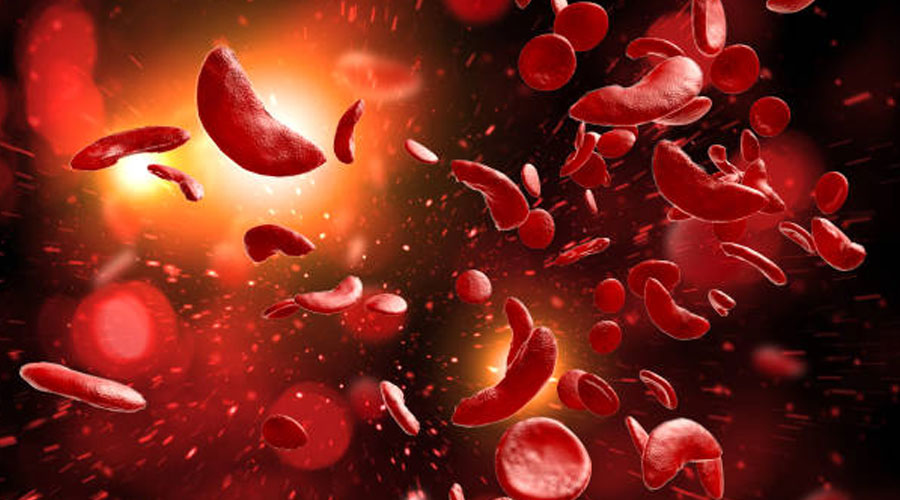
Sickle cell anemia is a debilitating blood disorder that primarily affects African Americans. It is caused by a mutation in the hemoglobin gene, which results in the formation of abnormal red blood cells. These cells are unable to carry oxygen throughout the body, leading to episodes of pain, fatigue, and other symptoms.
Sildenafil is a drug that is typically used to treat erectile dysfunction. However, research suggests that it may also be beneficial for people with sickle cell anemia. Sildenafil helps to improve blood flow and reduce the amount of sickled red blood cells. This can help to relieve pain and improve the overall quality of life.
Sildenafil dosage
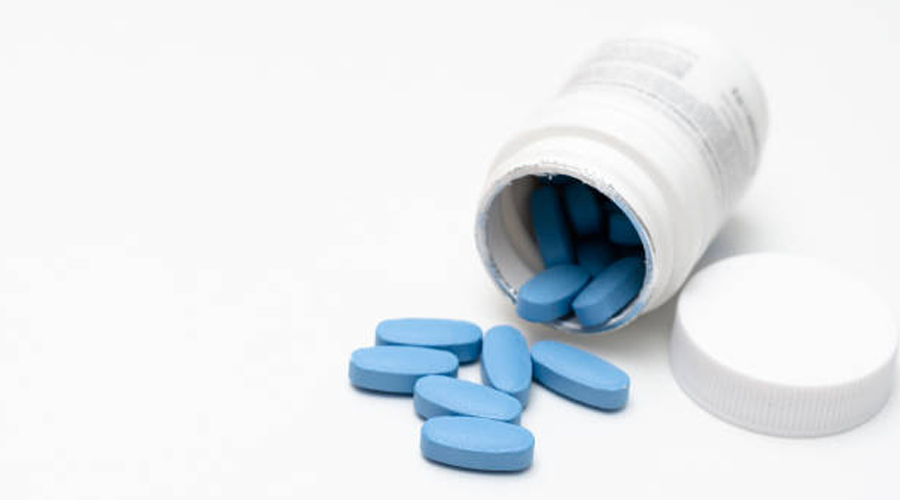
Sildenafil dosage is important to get right in order to ensure the best possible results. Too little and the medication might not work as well as intended, while too much could lead to undesirable side effects. In general, the starting dose for sildenafil is 50 mg, which can be increased or decreased as needed.
Sildenafil side effects
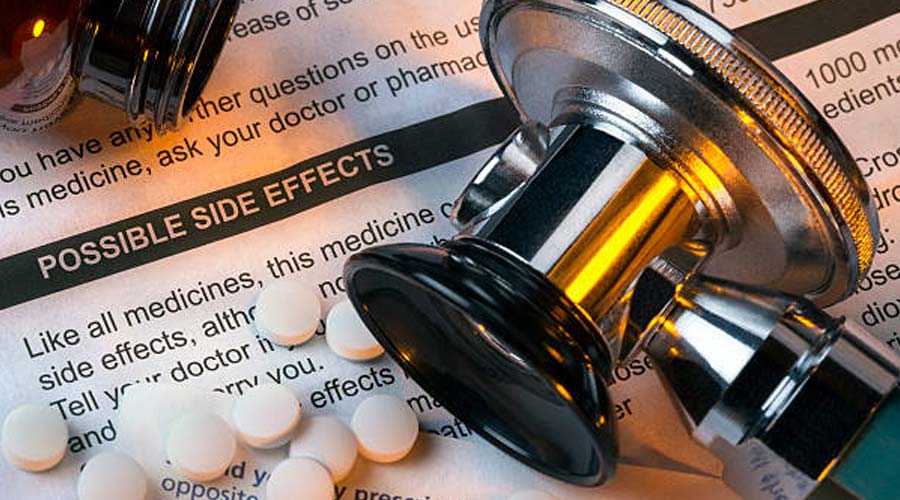
Sildenafil is a drug used to treat erectile dysfunction (ED) and Pulmonary arterial hypertension (PAH). It is also known by the brand name Viagra. While Sildenafil is generally safe and effective, it can cause side effects in some people.
These side effects can include headache, flushing, nasal congestion, diarrhea, and nausea. In rare cases, Sildenafil can cause serious side effects such as heart attack and stroke. Anyone taking Sildenafil should be aware of the potential side effects and report any problems to their doctor immediately.
Sildenafil drug interactions
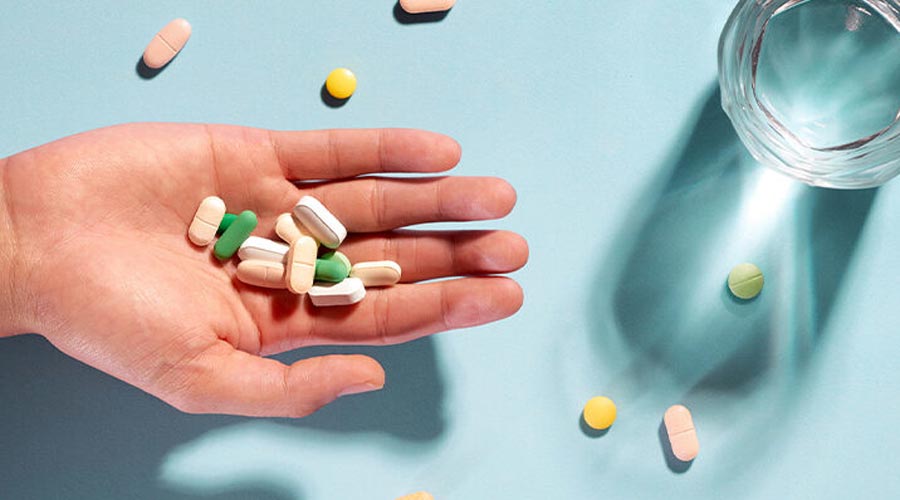
Sildenafil is a prescription medication used to treat erectile dysfunction and pulmonary arterial hypertension. As with any medication, it is important to be aware of potential drug interactions.
Sildenafil can interact with a number of medications, including nitrates, alpha-blockers, and protease inhibitors. These interactions can cause serious side effects, so it is important to speak with your doctor before taking sildenafil if you are taking any other medications.
Conclusion
Sildenafil citrate is a medication used to treat erectile dysfunction and pulmonary hypertension. It is available as a tablet and is taken by mouth.
Common side effects include headache, flushing, and nasal congestion. Rare but serious side effects include priapism and a sudden decrease in blood pressure.
Sildenafil should not be taken with other medications that treat erectile dysfunction, such as tadalafil or vardenafil.
FAQ
Does sildenafil get you hard?
Sildenafil is a drug used to treat erectile dysfunction (ED) and pulmonary hypertension. It is also known by the brand name Viagra.
Some people use sildenafil recreationally to get a harder erection. Does sildenafil actually work to get you hard?
There is mixed evidence on whether sildenafil actually works to get you hard. A study published in the Journal of Sexual Medicine found that 80% of men who took sildenafil experienced an increase in erectile rigidity.
However, a study published in the Journal of Urology found that only 36% of men who took sildenafil experienced an increase in erectile rigidity.
It is thought that sildenafil works by increasing blood flow to the penis, which helps you get and maintain an erection.
How long does it take for sildenafil to kick in?
For many people, the wait for sildenafil to kick in is worth it – the drug can help them achieve and maintain an erection for up to four hours.
But for others, that wait can feel like an eternity. So how long does it really take for sildenafil to start working?
The answer depends on a number of factors, including a person’s age and general health. In general, however, sildenafil starts working within 30 minutes to an hour after taking it.
This wait can seem even longer if a person is anxious about whether the drug will work or not. But there’s no need to worry – most people find that sildenafil does provide the desired results.
What does sildenafil do to your body?
Sildenafil citrate is a drug that is used to treat erectile dysfunction and pulmonary arterial hypertension. It works by relaxing the muscles in the walls of the blood vessels supplying the lungs, which allows blood to flow more easily.
Sildenafil also relaxes the muscles in the penis, which allows blood to flow into the penis more easily and leads to an erection.
Does sildenafil work as good as Viagra?
Sildenafil is a drug used to treat erectile dysfunction and pulmonary arterial hypertension. It was originally developed as a heart medication, but researchers found that it also helps men with erectile dysfunction get and keep an erection.
Sildenafil citrate is the generic name for the drug. Viagra is the brand name. The two drugs are identical in terms of their effects on the body. However, there may be some minor differences in how they are absorbed by the body.
Most men find that sildenafil works just as well as Viagra. However, some men find that they need a higher dose of sildenafil to get the same results as they would with Viagra.
